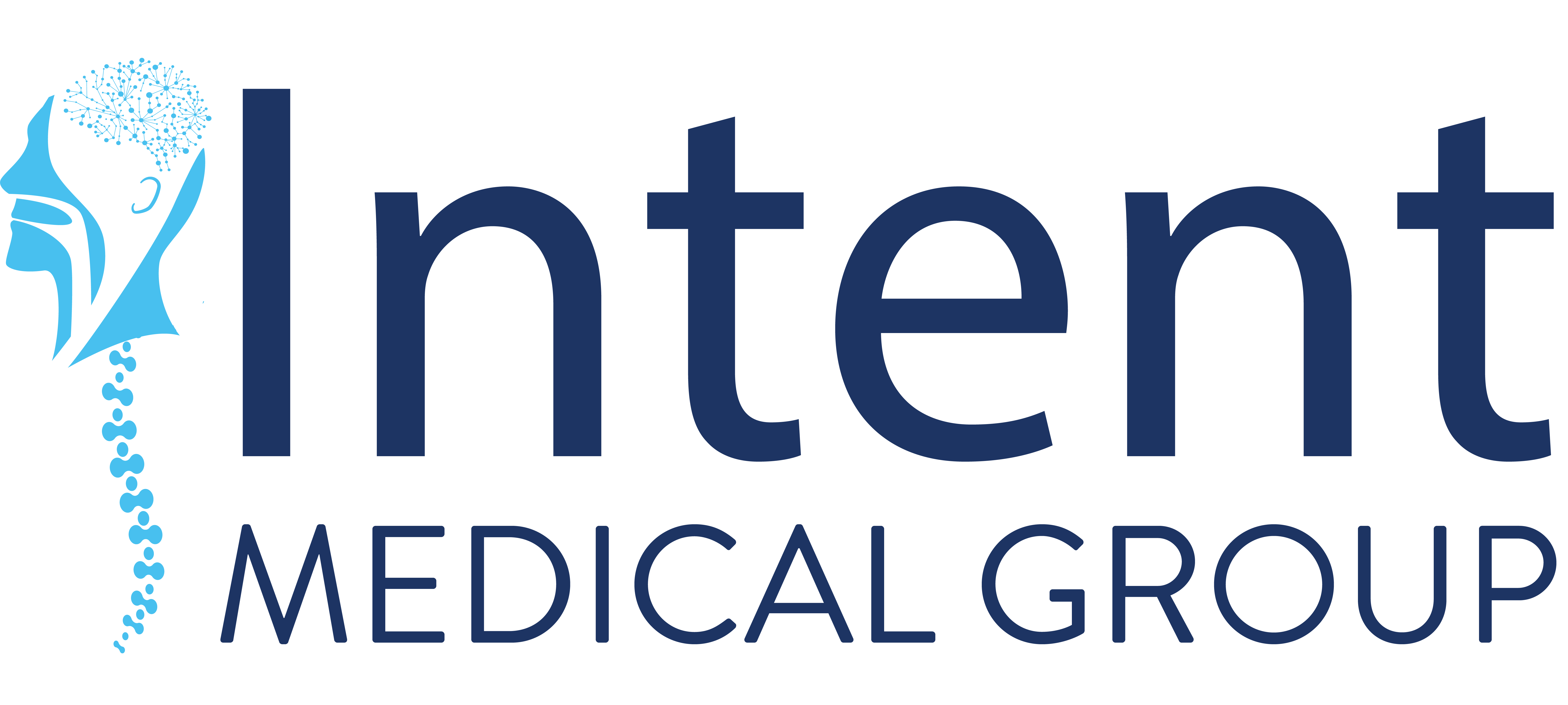Cerebrovascular disease
Cerebrovascular disease refers to a group of conditions that affect blood flow and the blood vessels in the brain. Problems with blood flow may occur from blood vessels narrowing (stenosis), clot formation (thrombosis), artery blockage (embolism), or blood vessel rupture (hemorrhage).
It affects people of any race, age, or sex. Some people are at higher risk. Find out about the risk factors and symptoms of cerebrovascular disease, and learn how our team can help treat these conditions.
Types of cerebrovascular disease
- Ischemic stroke: A stroke occurs when blood flow to the brain is blocked. The brain cannot get oxygen and nutrients from the blood. Without oxygen and nutrients, brain cells begin to die within minutes.
- Brain Hemorrhage: A stroke that occurs because of sudden bleeding in the brain is called a hemorrhagic stroke. The leaked blood results in pressure on brain cells, damaging them. This is a life-threatening condition that requires immediate medical attention.
- Transient Ischemic Attack: Happens when there is a temporary disruption in the blood supply to part of the brain.
- Carotid Artery Disease: Results from a blockage or narrowing of the carotid arteries. This narrowing is also called carotid artery stenosis. The carotid arteries are major blood vessels that provide your brain’s blood supply.
- Brain Aneurysms: A weak or thin spot on an artery in the brain that balloons or bulges out and fills with blood.
- Arteriovenous Malformations: An abnormal tangle of blood vessels that causes problems with the connections between your arteries and veins.
Symptoms of cerebrovascular disease
Common symptoms include:
- Weakness or paralysis on one side of your body
- Severe and sudden headache
- Vision changes
- Loss of balance and coordination
- Trouble speaking and understanding speech
- Confusion
A stroke is a medical emergency. A stroke can cause lasting brain damage, long-term disability, or even death. If you or a loved one are experiencing any of these symptoms, seek immediate emergency.
Diagnosis for cerebrovascular disease:
Cerebrovascular disease is a medical emergency, so a rapid diagnosis is essential. A doctor will ask about medical history and perform a physical exam. They will quickly assess the following:
- Speech fluency
- Balance
- Mental status
- Eye movement
- Weakness or paralysis
If your doctor suspects cerebrovascular disease, they may order tests such as:
- CT Scan head
- CT angiography; CT perfusion
- CT angiography Neck
- Magnetic resonance imaging (MRI)
- Spinal tap
- Cerebral angiography
These tests will also help pinpoint the cause of cerebrovascular disease.
Contributing risk factors for cerebrovascular disease:
You are at a higher risk for cerebrovascular disease if you have diabetes, high blood pressure, or high cholesterol. There are many things you can do to lower your risk:
- Quit smoking
- Limit alcohol intake
- Eat a healthy diet low in salt, fat, and calories
- Exercise to maintain a healthy weight
- Take your medications to control high blood pressure or heart arrhythmia
Talk to your doctor if you have any of these risk factors.
Treatment for cerebrovascular disease
If you have been diagnosed with cerebrovascular disease, treatment depends on your specific condition and circumstances.
The primary goal is to limit damage to the brain, so treatments should begin as soon as possible.
The Intent Medical Group specialists have extensive experience in cerebrovascular disease and can help determine the treatment that provides quality care.
Depending on your condition, you could be treated with blood thinners, and cholesterol-lowering and blood pressure medications.
For cases with a severe blockage, surgery may be required to improve blood flow, including carotid stenting, carotid angioplasty, carotid endarterectomy, or catheter-directed mechanical thrombectomy.
The Intent Medical Group team uses innovative technologies and techniques, to provide quality care for your individual circumstances.
NCH is a comprehensive stroke center for cerebrovascular disease. We understand the importance of early diagnosis and treatment to prevent long-term complications. We provide comprehensive and personalized care for even the most complex cases, so that you can live a full life. Our team is ready for you.
